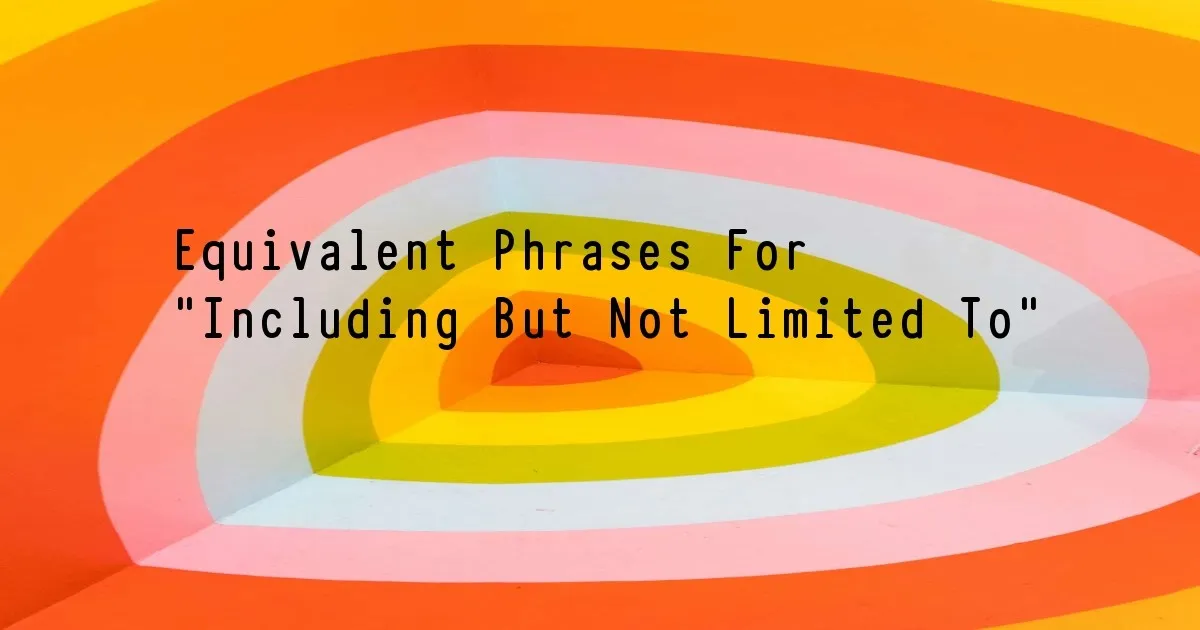Simplify Data Transmission with a Free Online URL Encoder
Online URL Encoder: Simplifying Data Transmission
In the era of the Internet, where data transmission plays a crucial role in connecting people and systems across the globe, various tools and technologies have emerged to streamline and secure this process. One such tool is the online URL encoder, a valuable resource for simplifying data transmission and ensuring compatibility across different platforms.
URL encoding, also known as percent encoding, is a method used to represent characters in a URL (Uniform Resource Locator) that may have special meanings or cause conflicts if left unencoded. It involves replacing non-alphanumeric characters with a percentage sign (%) followed by two hexadecimal digits. For example, a space character is encoded as “%20,” while a forward slash (/) is encoded as “%2F.”
The online URL encoder simplifies this process by providing a user-friendly interface to encode URLs instantly. With just a few clicks, users can transform any URL into a format that is safe for transmission and compliant with web standards. This is particularly useful when dealing with URLs that contain special characters, such as query parameters, fragments, or file names.
One of the key advantages of using an Free Online Url Encoder is its convenience. Instead of manually encoding URLs, which can be time-consuming and error-prone, users can rely on the encoder to handle the task accurately and efficiently. This is especially important for individuals or organizations that frequently deal with URLs in their day-to-day operations, such as web developers, digital marketers, or data analysts.
Moreover, the online URL encoder ensures compatibility across different systems and platforms. Since URLs are widely used in web addresses, APIs, and various internet protocols, it is crucial to adhere to encoding standards to prevent issues during data transmission. By utilizing an online encoder, users can guarantee that their URLs will be universally accepted and interpreted correctly by web browsers, servers, and other network devices.
Another noteworthy feature of online URL encoders is their ability to handle internationalized domain names (IDNs). IDNs allow domain names to include non-ASCII characters, enabling the representation of languages and scripts from around the world. However, these domain names need to be encoded using the Punycode algorithm to ensure compatibility with existing internet infrastructure. The online URL encoder simplifies this process by automatically encoding IDNs, allowing users to seamlessly work with domain names in different languages.
Furthermore, online URL encoders often offer additional functionalities that enhance the user experience. These may include options to decode URLs, validate URLs for correctness, or generate shortened URLs for sharing purposes. These extra features make the encoder a versatile tool that caters to a wide range of needs, providing users with a comprehensive solution for managing their URL-related tasks.
In conclusion, the online URL encoder serves as an invaluable resource for simplifying data transmission in the digital age. By effortlessly encoding URLs, it ensures compatibility, improves efficiency, and reduces the likelihood of errors during data exchange. Whether you are a web developer, a digital marketer, or simply someone who frequently interacts with URLs, using an online URL encoder can significantly enhance your workflow and streamline your online activities. Embrace the power of this tool and experience the benefits it offers in simplifying the complex world of data transmission.

Recent Post
What is The Meaning of a Medusa Tattoo?
January 9, 2025
The Meaning of Encanto in Spanish and Origin
January 4, 2025
Equivalent Phrases For “Including But Not Limited To”
December 30, 2024
How To Make Weekend Greetings More Fun?
December 30, 2024
10 Modern Sayings Similar To “Be There Or Be Square”
December 30, 2024








